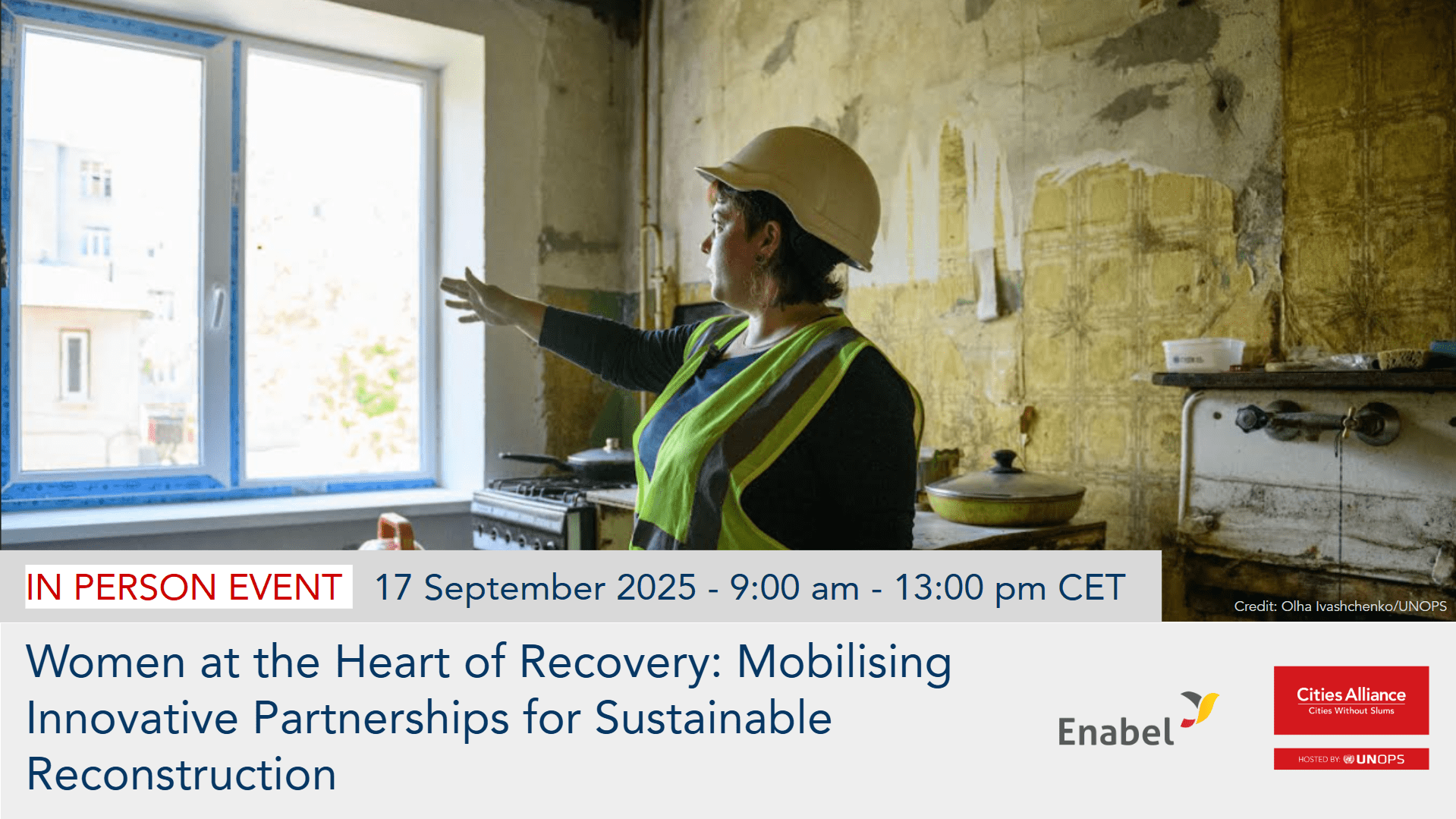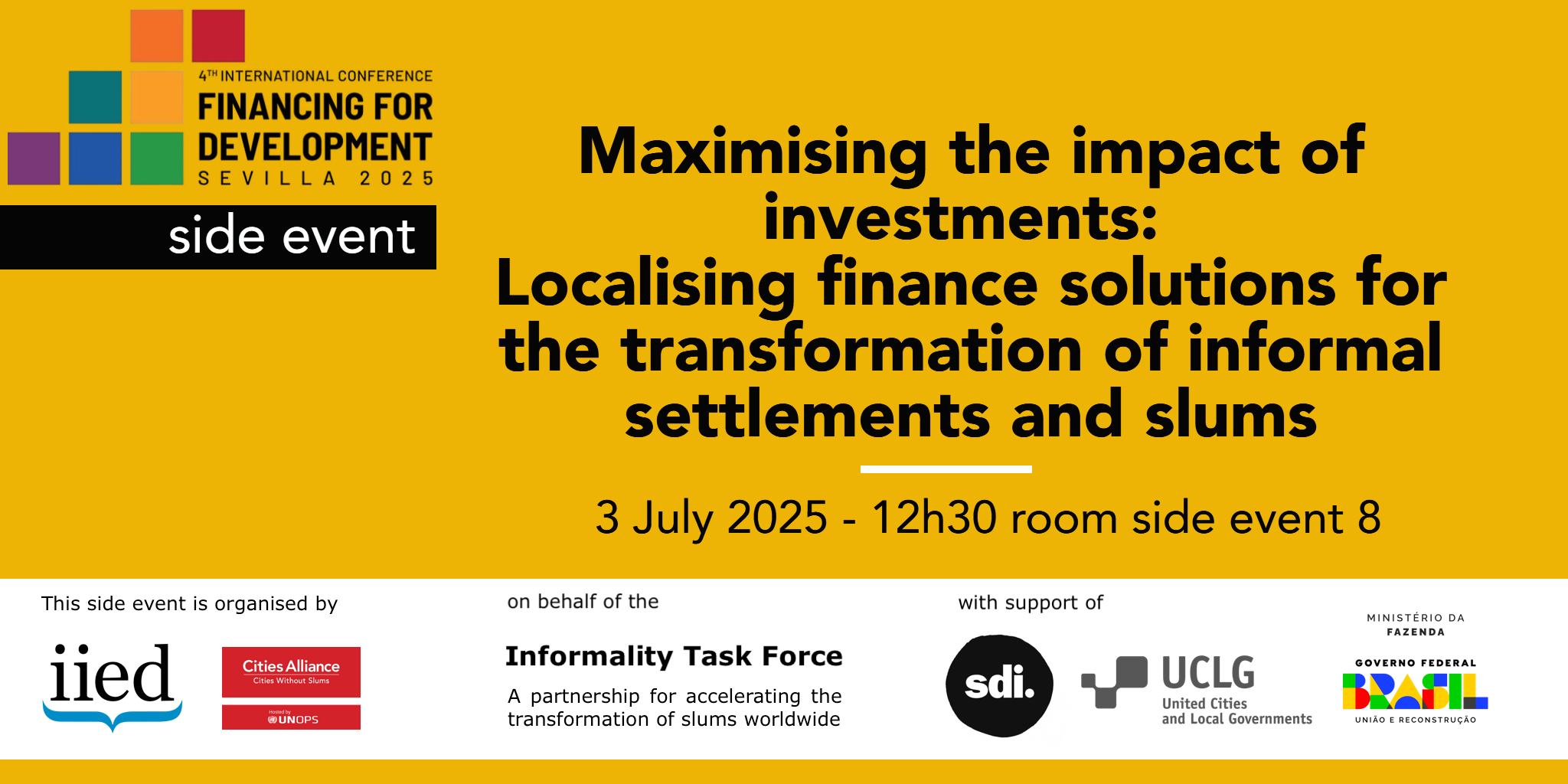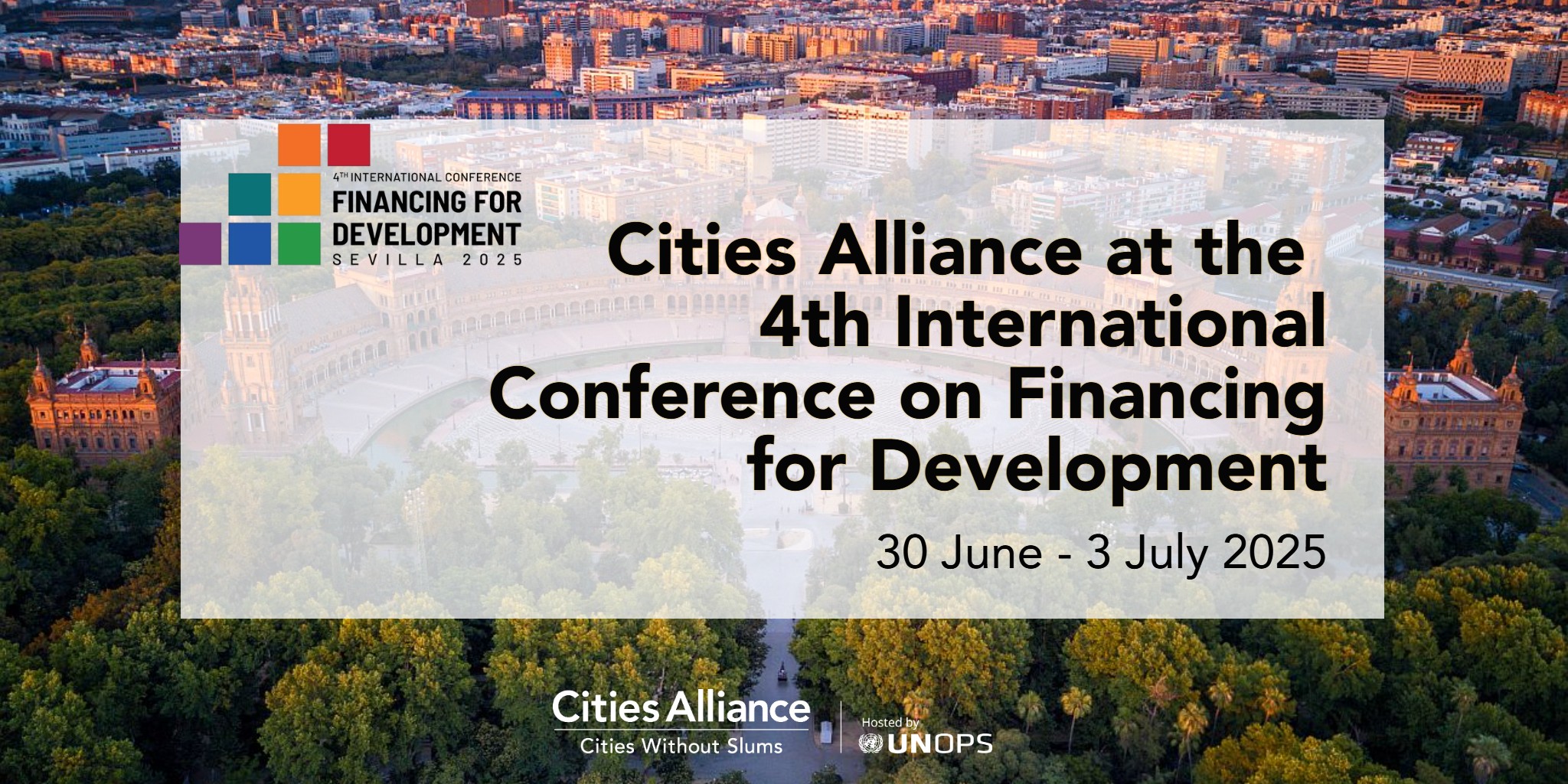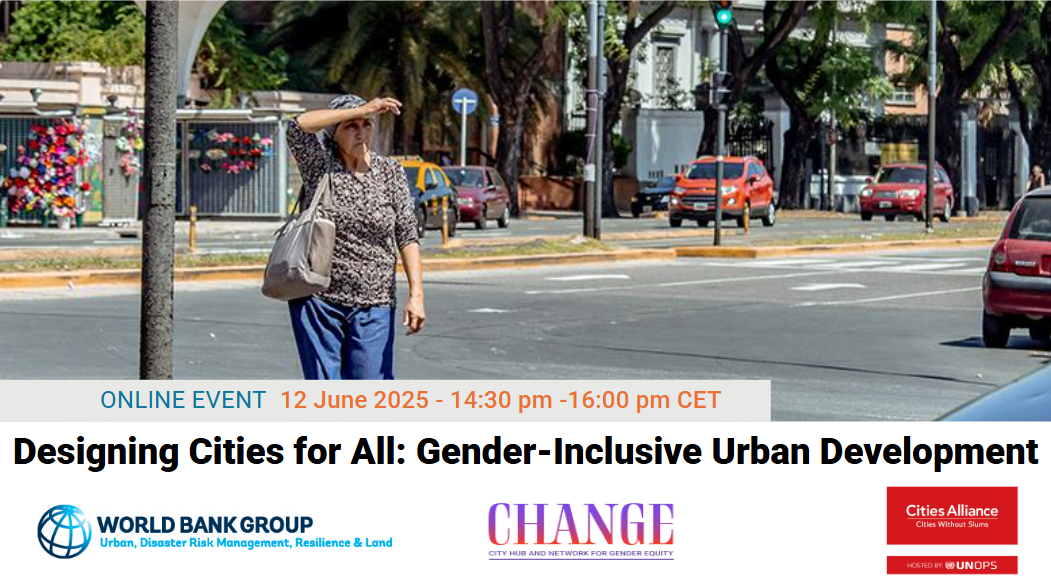- Who We Are
- How We Work
- Regional / Country Initiatives
- Legacy
- Core Themes
- Working Groups
- Portfolio & Results
- Newsroom
- Resources
Policy Lab 4 India: Rental Housing Provision for the Poor

This is the fourth in a series of the Rental Housing Policy Labs.
This is the fourth in a series of the Rental Housing Policy Labs, jointly organised by Cities Alliance, GIZ India, the World Bank, Habitat for Humanity, Human Settlement Management Institute (HSMI), Asian Development Bank (ADB), Asian Infrastructure Investment Bank (AIIB), and Scaling City Institutions for India (SCI-FI) initiative at CPR. The Policy Labs seek to provide a platform for discussing the experiences of the governments, researchers, academicians and practitioners on inclusive and affordable urban housing strategies.
One-third of the urban population opt for rental housing in India. In the absence of formal rental housing options, about 70% of rental housing in India exists without any contractual agreements between the landlord and the tenant. Landlords often provide rental accommodation in informal/quasi-legal urban settlements. A majority of these exist without access to basic services and subject their residents to overcrowding and extreme squalor conditions.
Nonetheless, rental housing largely remained unaddressed in the policy and legal paradigm prior to the newly launched sub-scheme of Affordable Rental Housing Complexes (ARHCs) under the Pradhan Mantri Awas Yojana (PMAY). The ARHC has been primarily conceptualised in recognition of the plight of the migrants and the urban poor as a result of the nationwide lockdown imposed to contain the COVID-19 pandemic.
This fourth Lab in the series of Rental Housing Policy Labs focuses on rental housing arrangements being operated informally by private entities such as petty landlords or enterprise owners, providing housing for the migrants and the urban poor. The Lab will also draw lessons from Indian and international case studies, and examine four key issues impacting the supply of informal housing stock: i) Policy/Legal framework; ii) Land, secure tenure and infrastructure; iii) Financial viability; and iv) Technology/Design. The presentations will be followed by a panel discussion among experts, to deliberate on the current status of rental housing for the urban poor in India, vis-à-vis learnings from the international experience.
The first Lab of the series discussed the viability of policy and legislative arrangements in stimulating a functioning rental housing market for the urban poor in India (here). The second and the third Labs discussed the opportunities for public and private sector investments respectively in ARHC-PMAY for the delivery of greenfield housing and reuse of vacant government-funded housing complexes (here and here). More about the entire Policy Lab series here.
Learn more about Cities Alliance Housing Laboratories here.
Watch the recording :




